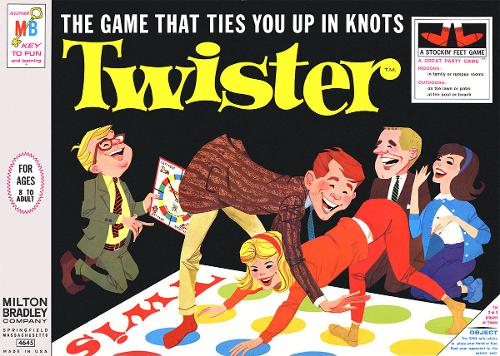You can only make this point because the example is so simple. Note that we could never make the objective statement about "color reproduction" or "shape reproduction" without investigating the situation. We would have to come to some understanding of how perception works for each person A and B, and we would have to acknowledge the differences. We would have to be able to precisely characterize the differences and correlate those with measurements of the camera's reproductions.
You may be underestimating the difficulty in measuring shape reproduction and color reproduction, reducing them to two numbers that can be compared. How do we determine how much one 2D shape deviates from another? There are unlimited possibilities. Which possibility corresponds most closely to person A's perception? Can we characterize person A while at the same time acknowledging the differences between person A and B? Or would our test methods involve experiments that treat test subjects all the same?
Here's the major problem in audio. When person's A and B disagree about which audio system is most accurate, some scientists response by saying they have different preferences. With that kind of attitude, the necessary investigation will never take place. These scientists don't even acknowledge the validity of "subjective accuracy" so how the hell are they going to care to investigate it?



